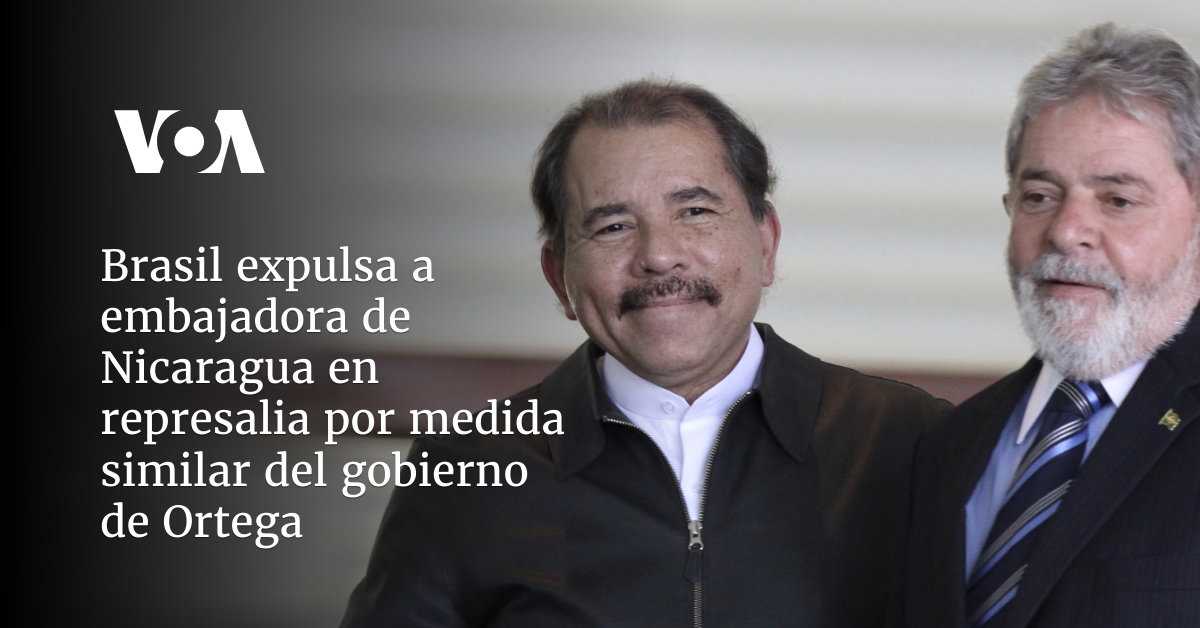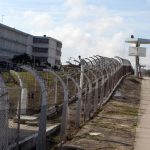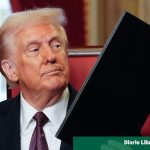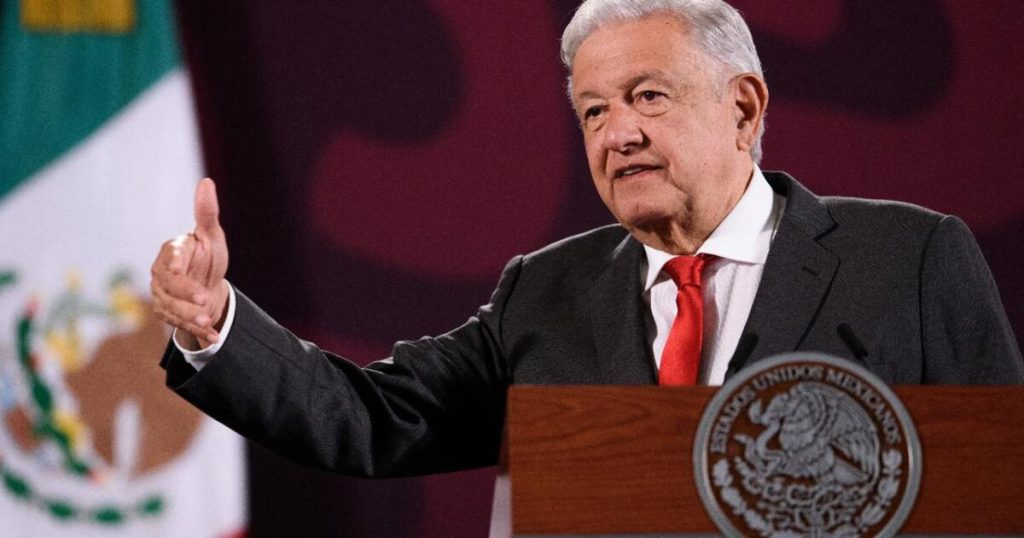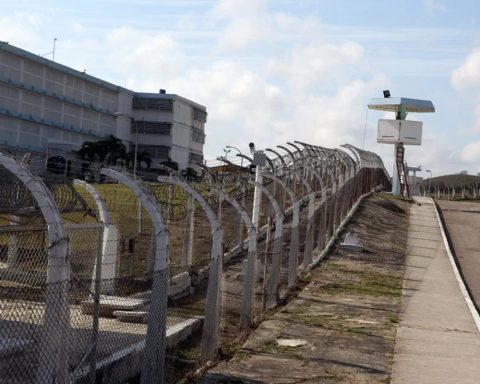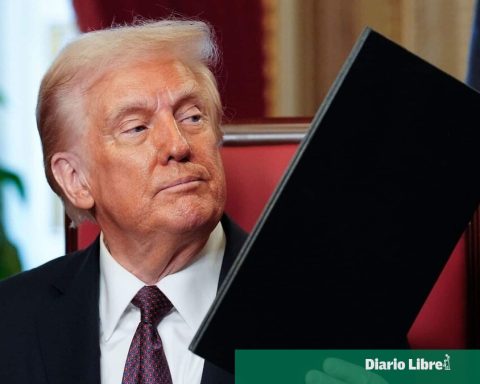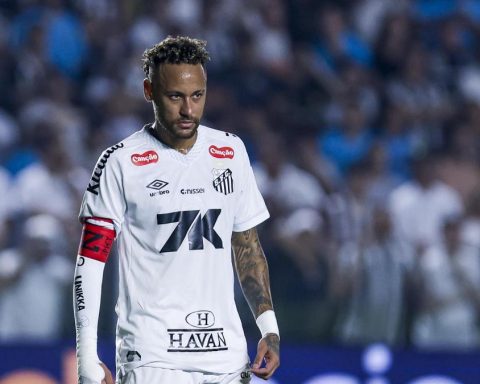The Brazilian government on Thursday expelled the Nicaraguan ambassador to retaliation for a similar measure taken by the president of the Central American nation, Daniel Ortega.
Brazil’s foreign ministry said in a statement that it had decided to expel Nicaraguan ambassador Fulvia Patricia Castro Matu “as a result of the application of the principle of reciprocity to the measure adopted by the Nicaraguan government regarding the Brazilian ambassador in Managua.” It also said that ambassador Breno da Costa had already left the Central American country.
The Nicaraguan government said both Castro and Da Costa had left their posts, but did not say they had been ousted or give details about the reasons.
The rift between Ortega and Brazilian President Luiz Inácio Lula da Silva — who used to be allies — has grown over the past year.
Two diplomatic sources in Brasilia told AP that the Nicaraguan government protested two weeks ago over Da Costa’s absence from celebrations marking the 45th anniversary of Nicaragua’s Sandinista revolution, opening the door for his expulsion.
Ortega, whose critics consider him an authoritarian leader, was a guerrilla in that movement.
The sources, who spoke on condition of anonymity because they were not authorized to speak publicly on the matter, added that the Brazilian ambassador was following orders from his country’s foreign ministry.
The ministry had not previously confirmed local media reports about the expulsion of the Brazilian ambassador.
Lula, who previously supported Ortega’s presidency, distanced himself from him when the Nicaraguan leader ignored a request from Pope Francis to stop the repression against catholic clerics in the Central American nation.
Amnesty International said in April that the Ortega government had arbitrarily detained at least 119 people, including the Catholic Bishop Rolando Alvarezfor alleged conspiracy and dissemination of false information.
Brazil has frozen relations with the Central American country, meaning there are no visits or meetings between leaders and diplomats from both countries.
Leticia Bessa, administrative assistant at the Nicaraguan embassy in the Brazilian capital, said Matu left the country before the Brazilian Foreign Ministry ratified his decision.
The Brazilian Foreign Ministry said the departure of its ambassador does not represent a complete break in relations with Managua.
Nicaraguan Vice President Rosario Murillo, who is also the first lady and chief government spokeswoman, did not immediately respond to a request for comment on the diplomatic dispute.
At a press conference with international news agencies in Brasilia on July 22, Lula told reporters that Ortega was not answering his phone calls.
Benjamin Gedan, director of the Latin America program at the Wilson Center, a Washington-based think tank, said the incident underscored Ortega’s status as a “pariah with few friends in the region.”
“Lula is an icon of the left, but he does not blindly support all leftist leaders,” Gedan said. “Two years ago, after Ortega’s last farce of re-election, practically no leader from the region attended his inauguration in Managua.
The collapse of democracy in Nicaragua and Venezuela has offered the Latin American left the opportunity to prioritize democracy over ideology.”
Connect with the Voice of America! Subscribe to our channels YouTube, WhatsApp and to newsletter. Turn on notifications and follow us on Facebook, X and Instagram.
